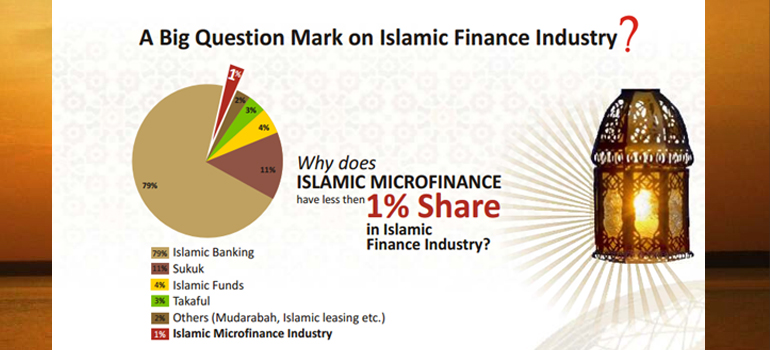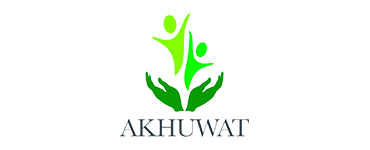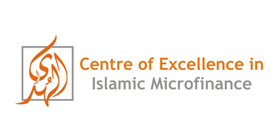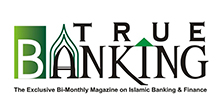
Global Islamic Microfinance Forums’ Summary
AlHuda CIBE has been conducting Global Islamic Microfinance Forum for the last eight years. This time, AlHuda CIBE will be holding the 9th Global Islamic Microfinance Forum on December 11, 2019 with Two Days Post Event Workshop on Operations and Practices of Islamic Micro & Islamic Agriculture Finance on December 12 -13, 2019 at Pearl Continental Hotel Lahore, Pakistan
The notion behind conducting these forums is to create awareness of Islamic Microfinance for the benefit of mankind. AlHuda is encouraging practitioners, microfinance institutions, donor agencies and Government Institutions by building up to acknowledgement of Islamic Microfinance System. It is providing a platform for dialogue between multilateral donor organizations and microfinance Networks to provide up to date knowledge of various aspects of Islamic Microfinance. This will promote entrepreneurship and SME Islamic financing especially in Pakistan.
These are the reasons why these events are conducted internationally so that masses can enjoy its perquisites. State-of-art knowledge about Islamic Microfinance is shared in these forums through sessions, speeches and presentations designed under different tracks focused on active learning within the particular subject, participants can have a global perspective of micro financing.
More than 1800 participants from around the world, from more than 50 countries participated in the previously held 8 forums so far. A number of speakers like Dr. Amjad Saqib, Professor Dr. Mohd Ami Omar, Dr. Salahudeen Jubril Abdullahi, Mr. Zaigham M. Rizvi, Mr. Osman Aurakzai, Dr. Mohammed Kroessin, Dr. Haroon Ur Rasheed, Mr. Pervez Nasim, Mr. Mahmoud Mohammed Al Shami, Mr. Mujiv S. Hataman, Mr. Aijaz Ali Khawaja, Mr. Vehbi Zeqiri and Mr. Mohammad Lawal Shuaibu has participated in the series of conference.
Poverty alleviation is an important objective for all nations on earth. Unfortunately, in many countries poor people who are caught in the various cycle of abject poverty lack collateral, savings, education and credit necessary to engage in meaningful economics activities. Government policies, facing limited resources and competing ends are often inadequate in providing financial assistance to the poor Conventional financial institution do not offer loans to the destitute often because of high operating costs and those that do, for example the Gramen Bank in Bangladesh, end up charging prohibitively high-interest rates to cover their expenses (UNDP, 2012). The result is that economic growth remains concentrated in few urban areas, and it fails to benefit the poor, especially in rural areas.


